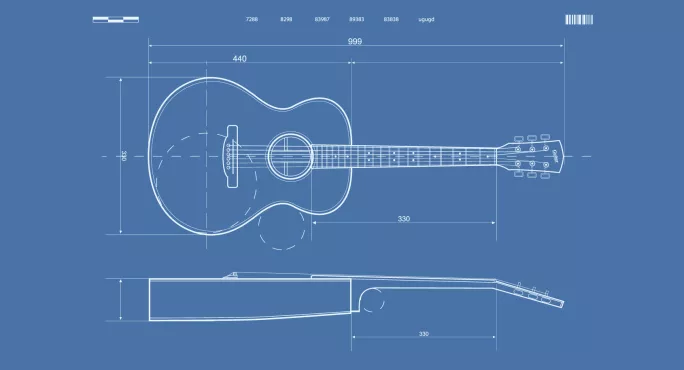Last week, the Department for Education published updates to its guidance on what schools should publish on their websites, including providing a summary of their music development plans.
These plans aren’t new. They were first mentioned in the National Plan for Music Education (NPME), non-statutory guidance that was published in summer 2022. Then, they were not compulsory and no template was shared.
The new guidance remains non-statutory, but schools are now “expected” to publish a summary of their plan on their website for the academic year 2024-25.
It’s a little confusing, and, given that it comes amid various other challenges for schools, some leaders felt it was tone-deaf to share this expectation at this point in the school year.
But it need not be too time-consuming. Here are some tips to get you started:
Talk to your music staff
Start by talking to your music lead (if you have one, given the current recruitment challenges) or music hub, to capture what is happening in your school regarding music.
Make a start with the template
Make the most of the template provided by the DfE. While it is more a statement of provision than a development plan, it will allow you to make a note of your current offer and reflect on any gaps.
The overview section might prompt reflection on which organisations you currently work with, and if you have made a connection with your local music hub.
Part A: Curriculum music
Has your music curriculum been informed by the model music curriculum from 2021?
You might find it easy to replicate some of the information from your music curriculum documents without having to rewrite this section. Include the qualifications you offer in your school here, too.
This part also prompts schools to include details about how access to music is supported for pupils with special educational needs and disabilities.
Part B: Co-curricular music
“Co-curricular” seems to replace “extracurricular” in the NPME and this term informs what you should include in your summary of the music development plan.
This part of the template should clarify what pupils can expect from their school music offer. If activities outside lessons are few in number, ask your local music hub for help - they’re funded by the DfE to support schools.
It’s OK if what you detail doesn’t yet exist. At this stage, you can mention projects you are developing.
Part C: Musical experiences
Schools often have much more music going on than they realise. Think of any singing that takes place in any subject, as well as those moments throughout the week when music might feature, such as assemblies.
If you are taking pupils to events, such as concerts or shows, you might mention if this is funded by the school or if you support particular groups to attend.
In the future
As you work through the template, you might realise that some aspects identified in the NPME are not quite where you would like them to be. Here’s an opportunity to make a note of the areas you would like to develop in the years ahead.
Carry on the conversation
You now have the beginnings of a music development plan. Use it as the starting point for a more detailed conversation with your local music hub. Don’t forget to make the most of the support they offer to enable music education to take place in your school.
Dr Steven Berryman is president of the Chartered College of Teaching and vice president of the National Society for Education in Art and Design, and from September will be senior deputy head at Sir William Perkins’s School
For the latest education news and analysis delivered directly to your inbox every weekday morning, sign up to the Tes Daily newsletter





